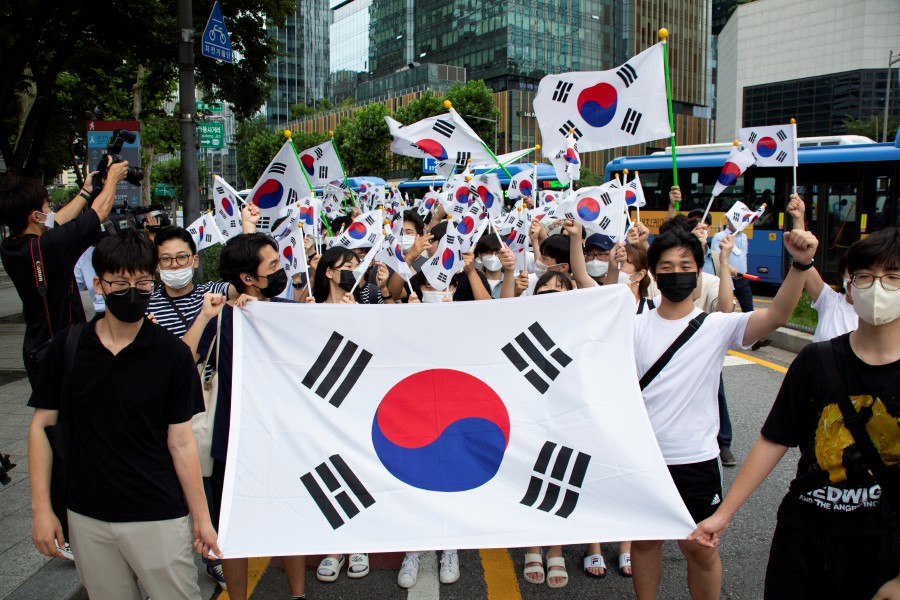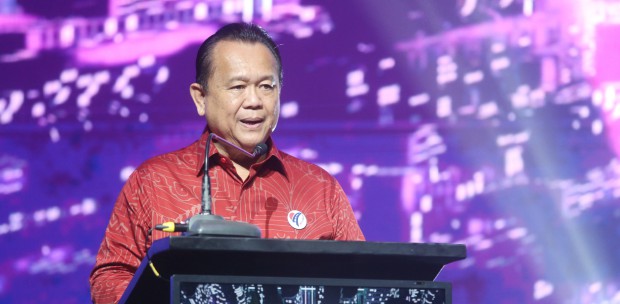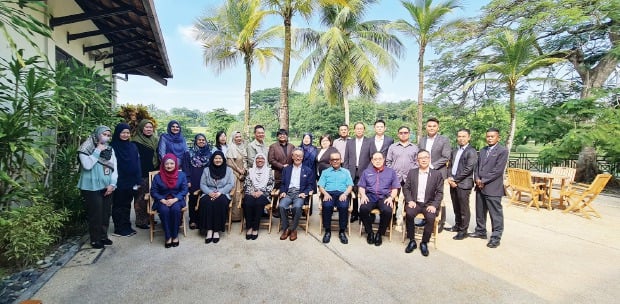SEOUL: The shortage of workers in South Korea's construction sector is worsening and it has prompted the industry to push the government to allow in more foreign workers.
The industry is now discussing with the government on easing the regulations, especially on visa rules, to hire more foreign construction workers to overcome the shortage.
The Korea Specialty Contractors Association (KOSCA) had last month called on the Ministry of Land, Infrastructure and Transport for easier regulations on the issue and the discussions also involved the Construction Association of Korea and the Construction & Economy Research Institute of Korea.
According to a Korea Times report, KOSCA asked the ministry to increase or eliminate existing quotas on foreign construction workers who were holding E-9 or H-2 visas.
The association also proposed pardoning employers who were barred from hiring foreign workers for up to three years, due to their use of illegal migrant labour.
The proposals came as more young South Koreans are now shying away from work that involves manual labour.
A survey by the Construction Workers Mutual Aid Association showed that the number of South Korean workers at construction sites stood at 1.53 million last year, although the industry needed about 1.75 million workers.
This indicates that the local construction industry may have been hiring up to 150,000 foreign workers illegally last year. This is because only 65,000 foreign construction workers had E-9 or H-2 visas to work in the country.
"In the wake of the eased quarantine measures this year, the number of newly employed construction workers has decreased, while more workers have left the industry," the association said in a report.
A ruling party parliamentarian, Kweon Seong-dong, had also said last month that foreign workers should be allowed in as soon as possible to solve the labour shortage in the country's construction industry.
Late last year, KOSCA had already submitted a similar request to the Office for Government Policy Coordination and the parliament's Environment & Labour Committee, as well as the land ministry.
However, the problem lingers as the labour ministry did not include the construction industry as among the sectors that will be supplied with a large number of foreign workers.
The ministry had announced earlier this month that additional foreign workers will be sent to shipyards, factories, farms, public transport operations and small restaurants and stores, but left out the construction industry.
The ministry explained that this was because local builders have not completed hiring the annual quota of 2,400 foreign workers.
However, the Korea Times report said industry officials pointed out that most builders were currently banned from hiring foreign labour due to them having hired illegals.
Meanwhile, the Vietnamese daily Vn Express reports that South Korea was set to take in more foreign workers, including from Vietnam, and ease the entry requirements for them.
According to Vietnam's Ministry of Labor, Invalids and Social Affairs, the South Korean government has decided to increase the quota of foreign workers to a maximum of 20 per cent of its total workers.
It said the migrant workers were mostly recruited by technical industries, especially those involved in the shipbuilding industry.
It was also pointed out that employment conditions are also set to be relaxed, with fresh college graduates exempted from the need to have prior experience.
The ministry's overseas labour department said Vietnamese workers in South Korea earn up to US$1,800 a month, with most of them working on fishing vessels or in the agriculture and fisheries sector.
Government data shows that more than 600,000 Vietnamese work in 50 countries and territories, including 250,000 in Japan, 230,000 in Taiwan and 40,000 in South Korea.





